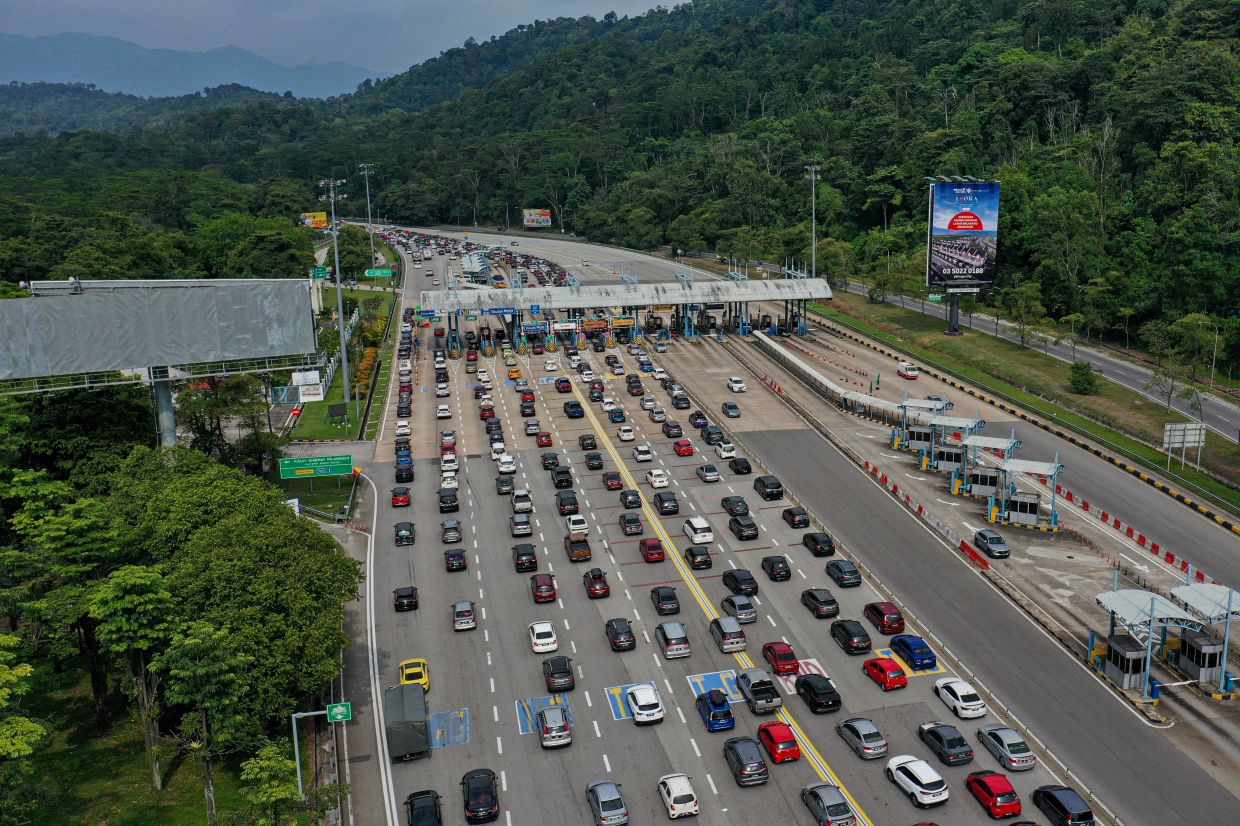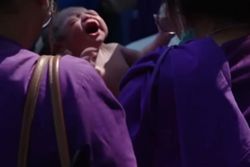PETALING JAYA: The mastery of Bahasa Melayu (BM) among students is not a problem in Dual Language Programme (DLP) schools, say stakeholders.
MCA Youth secretary-general Saw Yee Fung said all DLP schools would have met the requirement of ensuring that their students’ BM proficiency had achieved the national average level.
Uh-oh! Daily quota reached.








































